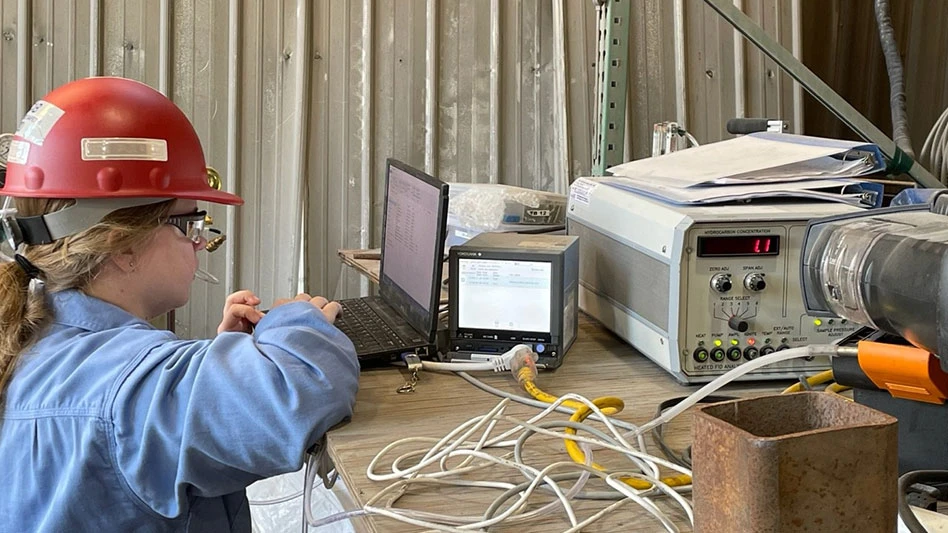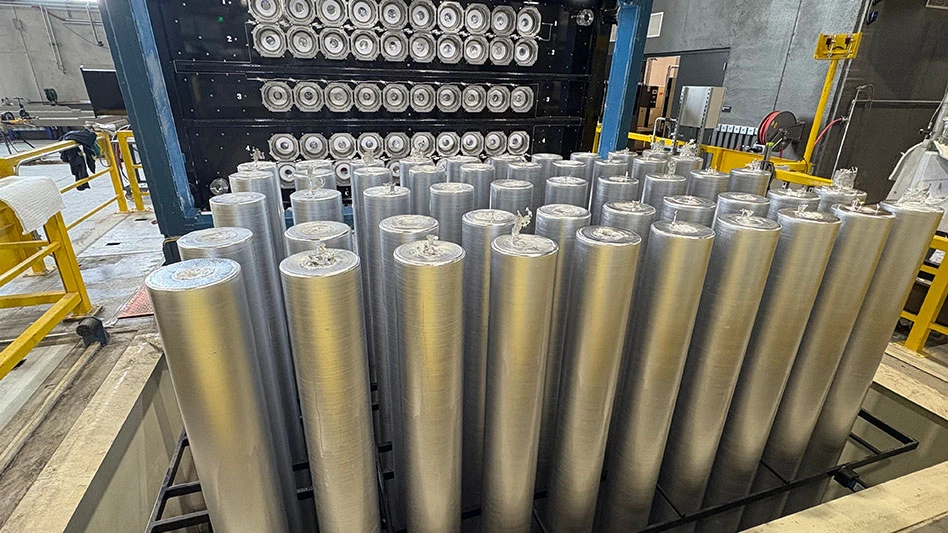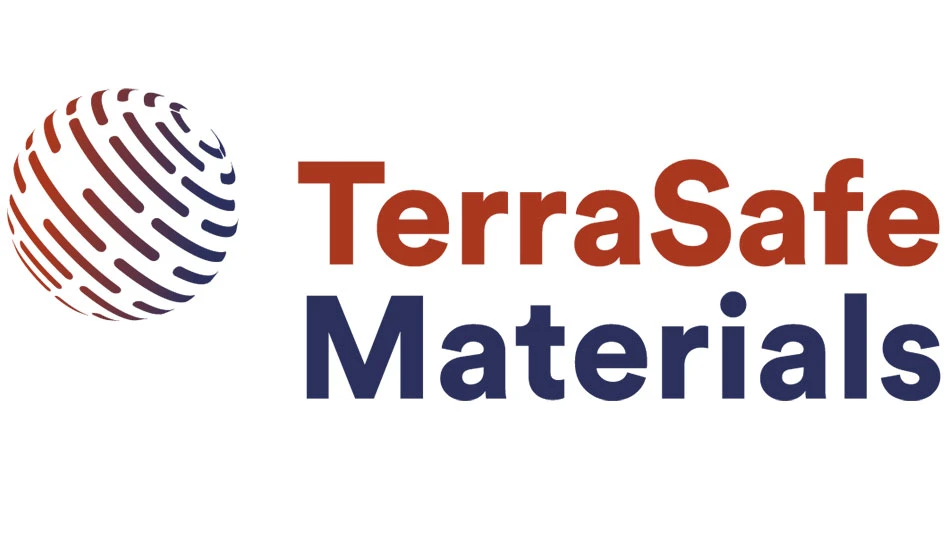
The steel industry is seeing continued challenges as several key outlets for ferrous scrap stand on the sidelines.
During the 2013 Commodities Roundtable Forum, hosted by the Institute of Scrap Recycling Industries Inc. (ISRI) in Chicago Sept. 16-18, speakers discussed some of the challenges affecting ferrous scrap markets in the near term, as well as longer term issues that will likely to affect business conditions. One issue that has been restraining ferrous pricing during the past several months has been the lack of export orders.
Jarek Mlodziejewski, a scrap analyst with The Steel Index, says there is a downward trend in ferrous scrap pricing. “Markets have been in an oversupply over the past several months,” he said. While there was some steady buying by Turkey in August, “they recently dropped out of the market.” Overall, he says exports from the U.S. to Turkey are down around 20 percent.
Mlodziejewski also told attendees Turkey is striving to become more self-sufficient in scrap, eventually causing Turkish steel mills to reduce their intake of scrap from outside the country.
Meanwhile, buyers from India are largely unable to place extra orders, with a key reason for the decline in exports to India being the weakness in the Indian rupee. Ferrous scrap exports from the U.S. to India are down around 50 percent, Mlodziejewski pointed out. Additionally, some Indian firms are purchasing more ferrous scrap from the Middle East and Africa, he added, at prices far cheaper than from the United States.
Another panelist, Mike Marley, an analyst with MetalPrices.com, described the ferrous market as quiet, with fewer deals being made both domestically and in the export market in September, and most of those for small tonnages, he told attendees. “There is no panic selling,” Marley commented. “In September prices were down $10, and shredded prices were down $15 or down $20 in some regions. It was almost a given that shredded would fall.”
Marley said there appears to be an overall bearish sense in the market, with shredded scrap continuing to show weakness, although bundles and bushelings also fell, he added.
He also said lead times for orders at steel mills globally are not stretching out as far as they had been, which suggests steel sheet supply is catching up with demand. As well, there is some steel mill capacity that is down for maintenance. This might help firm up steel prices, Marley speculated, but will reduce scrap demand. Further out, Marley said more shutdowns of steel capacity over the next few months will balance out those mills coming back on line.
With the general bearishness in the ferrous market, “No one is looking for a rebound in prime scrap [pricing],” Marley remarked. “Lots of guys sold what they had this month. They want to see just dirt by the end of the month.”
Going forward, Marley said conditions are in a “soft sideways market. From a seller’s perspective it means zero to down a bit. For a buyer, it means that you will [ask for] a $10 cut, maybe more.”
John Harris, who has retired as one of ArcelorMittal’s top scrap purchasing managers, touched on some trends taking place in the ferrous industry, including the perceived overcapacity of shredders and the move toward smaller and even portable shredders. “That will change the dynamic,” said Harris. “The mega shredders that were only operating part time in many cases now could be a thing of the wayside, sold to China.”
Another issue touched on by Harris is the move by countries to impose legislative policies to keep their ferrous scrap from being exported. Harris said Russia has taken steps to prevent the export of ferrous scrap from the Black Sea, and China also has put an export surcharge on material. South Africa has passed legislation requiring that any scrap that could be exported must first be offered to steel mills in the country at a discount.
Get curated news on YOUR industry.
Enter your email to receive our newsletters.
Latest from Recycling Today
- Closed Loop Partners adds private equity managing director
- European Commission drafts new rules for chemically recycled content in plastic bottles
- Redwood Materials launches Redwood Energy
- Cirba Solutions announces new human resources executive
- Cascades to close packaging site in Niagara Falls, New York
- The Glass Recycling Foundation awards $137K in grants
- Goodwill Industries of Ontario Great Lakes and Rotogran International announce collaboration
- Textile Recycling Expo USA launches in Charlotte, North Carolina






